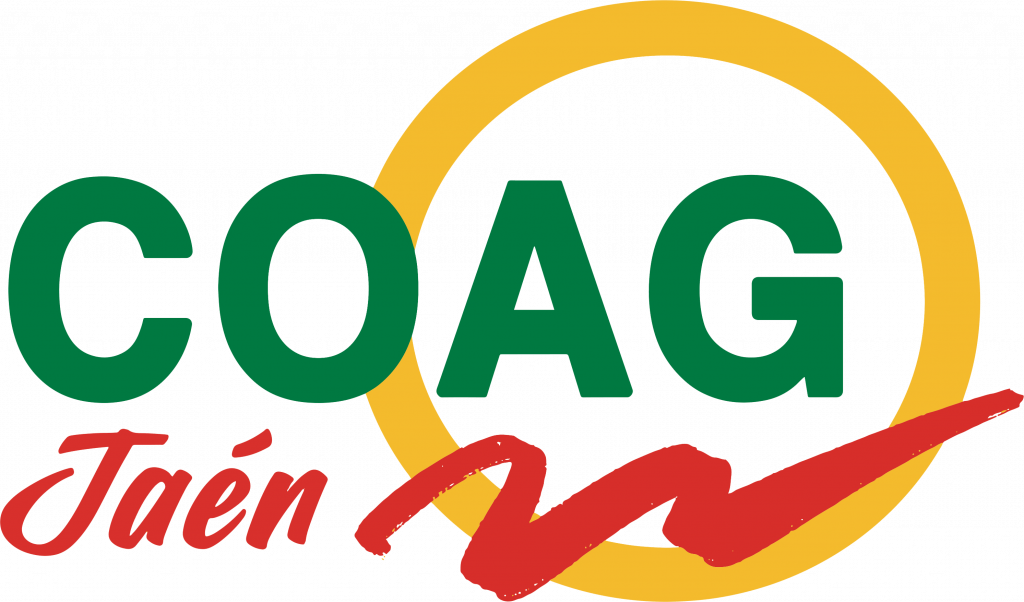The ERASMUS+ project promotes the introduction of regional value cycles in agriculture. The aim is to develop sustainable economic models that help farmers to find ecologically and economically viable solutions based on regionals value cycles.
As part of the project, information and learning materials are being developed for agricultural training and further education, which convey the concepts of circular economy in an understandable way and demonstrate practical implementation strategies. In addition, practical examples will be collected and learning programmes will be developed and implemented as examples.
The project contributes to strengthening the innovative capacity of agricultural enterprises by disseminating knowledge about circular economic systems in the agricultural sector and creating practice-oriented training and further education opportunities.
By introducing circular economy principles and regional value cycles into farming through minimizing waste, reusing materials, and keeping resources circulating within local communities, farmers can reduce their environmental footprint while increasing economic stability. This approach not only enhances soil health and biodiversity but also supports local economies and enhances the efficient use of resources. In an era of climate change and resource scarcity, adopting these practices is key to ensuring long-term agricultural viability and ecological balance.
The aim of the “Regional Value Cycles for Farmers” project is to support the transformation of the agricultural sector towards more sustainable economic practices through the implementation of circular economy and regional value cycles. It seeks to introduce its opportunities for farmers and regional value creation in VET schools and further training organisations.
The project aims to encourage sustainable farming methods that support farmers in adjusting to climate change. It will deliver three key outcomes:
The third output is geared towards enabling change and creating awareness of innovation, thereby enabling farmers to try out new methods and integrate them into their operations. In doing so, it helps to ensure that the information and knowledge compiled in the first two outcomes can be effectively put into practice and applied.
ReVaCy-Farm is an Erasmus+ initiative that aims to lorem ipsum dolor sit amet, consectetur adipiscing elit, sed do eiusmod tempor incididunt ut labore et dolore magna aliqua.

Funded by the European Union. Views and opinions expressed are however those of the author(s) only and do not necessarily reflect those of the European Union or the European Education and Culture Executive Agency (EACEA). Neither the European Union nor EACEA can be held responsible for them.
IFLS is an independent non-profit research institute located at Goethe-University in Frankfurt/Main. Since its establishment in 1956, IFLS has been dedicated to the development of agriculture and rural regions in Germany and Europe. Key areas of focus include sustainable development and multi-functionality of rural areas, urban-rural interrelationships, advancement of rural, agricultural and agri-environmental policy, as well as elaboration of integrated rural and regional development concepts.
HuL is doing business consulting in Germany for family farms. We focus on production, processing as well as selling/ logistics – the whole added value chain – of agricultural produce in the fields of food, feed, fibre, energy. With a special focus on social and ecological aspects besides the pure economy in the planning HuL assures sustainability of conceptualization and implementation. We aim at long term relation with our farmers as business partners.
Specific consulting topics:
Within its strong network HuL has developed a process and attitude to bring together the right people at the right time in order to implement sustainable concepts earlier, better, faster and long lasting.
Aim of the network:
HuL attaches strong importance to the direct link of research and knowledge with experience and local competences: linking theory to practice and implementation of effective results.
HuL works in national/ international projects with the following topics:
HuL is giving inputs to current research, through keynote speeches in universities/ farmers federations/ political parties/ etc.
HuL is in steady contact with agricultural and rural research institutes and alliances.
CESAR is a VET provider and non‑profit centre based in Perugia, Italy. Since 1983 it has supported rural development through research, vocational education and policy consultancy. Its work covers sustainable land use, agri‑food systems, EU integration and environmental management. Working closely with the University of Perugia and regional partners, it turns scientific insight into practical solutions for farmers and rural enterprises. As Europe Direct Centre Umbria, CESAR also shares funding opportunities and builds capacity among local authorities, producer organisations and small agri‑food businesses.

COAG-Jaén is a professional agricultural organization that operates in the province of Jaén, in Andalusia. It provides a wide range of services, from the defense of farmers’ interests to training, information and technical advice, R & D, dissemination of technical improvements, etc.
COAG also acts as a representative of the voice of farmers to policy makers at the national, regional and local levels. Coag Jaén is involved in the agricultural value chain, focusing on sales planning in sensitive sectors, encouraging the formation of producer cooperatives, and conducting activities on food safety. Coag stays in touch with market regulators, food quality certifiers, and various actors in agro-food markets.
Since 2015 Coag Jaén has participated in Erasmus + programmes linked to 18 agricultural projects, including precision farming training, VET excellence design, succession planning, farmer collaboration, agricultural multifunctionality, agrotourism, and cultural heritage as a sustaining activity of agricultural landscapes.
Biotechnical Centre Naklo is a public educational and research institution in Slovenia with over 117 years of tradition. It promotes sustainable agriculture (with a focus on organic farming), rural development, food processing, and environmental stewardship. Organized into a secondary school, vocational college with research units, and an Inter-Enterprise Educational Centre, it combines formal education with practical training and lifelong learning. The Centre operates a 22-hectare organic farm, modern laboratories, greenhouses, and a dairy, providing hands-on experience to about 1,200 learners annually. Actively engaged in national and EU-funded projects (Erasmus+, Interreg, etc.), BC Naklo collaborates closely with local communities and enterprises to support regional and international development.